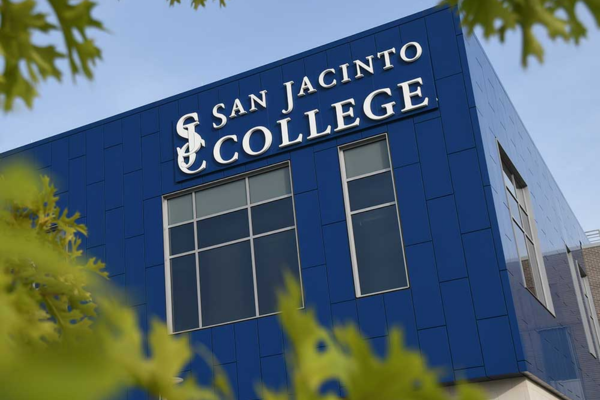Drug treatment made in Houston to combat Rett syndrome clears FDA hurdle
Published Jan 26, 2023 by A.J. Mistretta
A promising new drug intended to treat a debilitating neurological disease impacting children is being manufactured here in Houston and now has FDA investigational clearance. It’s another indication of the region’s expanding life sciences research and manufacturing infrastructure.
Clinical stage drug company Neurogene Inc., said this week that the FDA has approved its application for NGN-401 to treat Rett syndrome, a progressive neurological disorder that affects 1 in every 10,000 female babies. The syndrome is caused by a gene mutation that can affect the brain and nervous system during early development, prompting rapid regression in speech, fine motor skills and other symptoms after 18 months. There are currently no disease-modifying therapies for Rett syndrome, leaving doctors to simply manage symptoms.
Neurogene’s NGN-401 is a gene therapy investigational product that is the first to deliver the full-length human MECP2 gene, the specific gene that is mutated in those diagnosed with Rett’s syndrome. The treatment uses the company’s proprietary EXACT gene regulation technology that can deliver a desired level of transgene expression within a narrow range that’s critical in treating Rett syndrome to avoid toxic side effects. NGN-401 has undergone extensive preclinical study and demonstrated strong efficacy, according to the company. The treatment is being made at Neurogene’s GMP manufacturing facility in southwest Houston.
“We believe the preclinical profile for NGN-401 is highly compelling, with the strongest results generated to date across multiple animal models,” said Rachel McMinn, Ph.D., CEO and Founder of Neurogene. “FDA clearance of NGN-401 represents a significant milestone for Neurogene and the Rett syndrome community and underscores our commitment to turn devastating neurological diseases into treatable conditions, and to improve the lives of patients and families impacted by these rare diseases.”
“Rett syndrome is a debilitating disease with a devastating impact on children and their families, with no disease-modifying treatments available,” said Dr. Bernhard Suter, Assistant Professor of Pediatrics and Neurology at Baylor College of Medicine and neurologist at Texas Children’s Hospital. “The upcoming clinical study of NGN-401, which has a mechanism of action aimed at addressing the root cause of disease, offers hope for improving the lives of those suffering from Rett syndrome.”
A 2022 study commissioned by the Greater Houston Partnership and developed by Newmark Consulting Group identified Houston’s industry-leading expertise in cell and gene therapy, biologic drug development, and molecular diagnostics as strong opportunities for life sciences growth in this region.
Houston ranks second in the nation in clinical trial volume, with more than 4,600 currently active clinical trials, representing 15% of all active U.S. trials. Houston-area institutions received $864.1 million in National Institutes of Health (NIH) grant funding, up 16.3% from 2020. In the last five years, the region received nearly $3.9 billion in NIH funding, an average of $740.7 million per year. Supported by the world-class institutions that comprise the Texas Medical Center and Houston’s sizeable patient population, the Newmark study found that expansive opportunities exist for commercial synergies with leading healthcare providers in the region.
Learn more about the life sciences sector in Houston.
 The Houston Report
The Houston Report


















